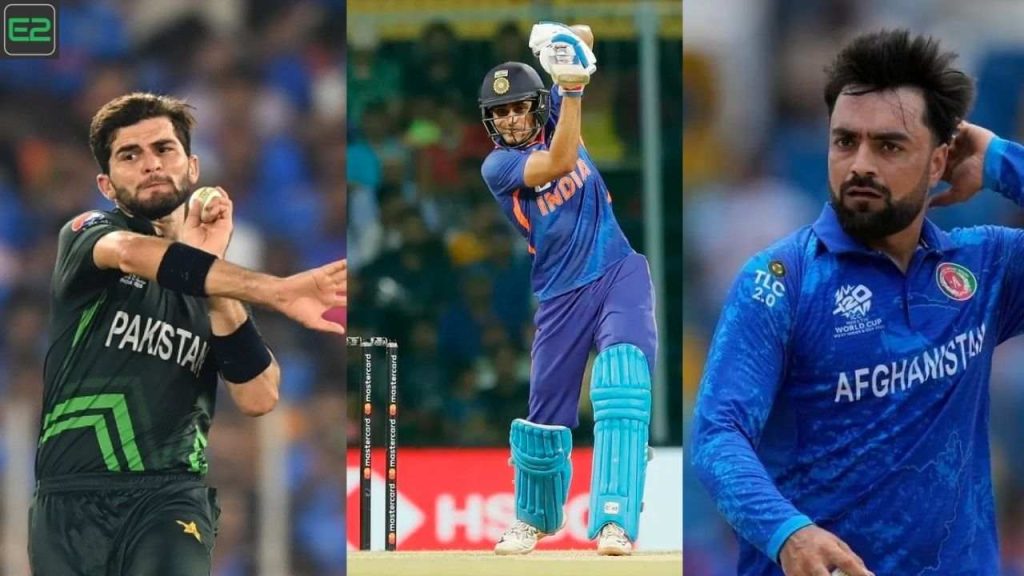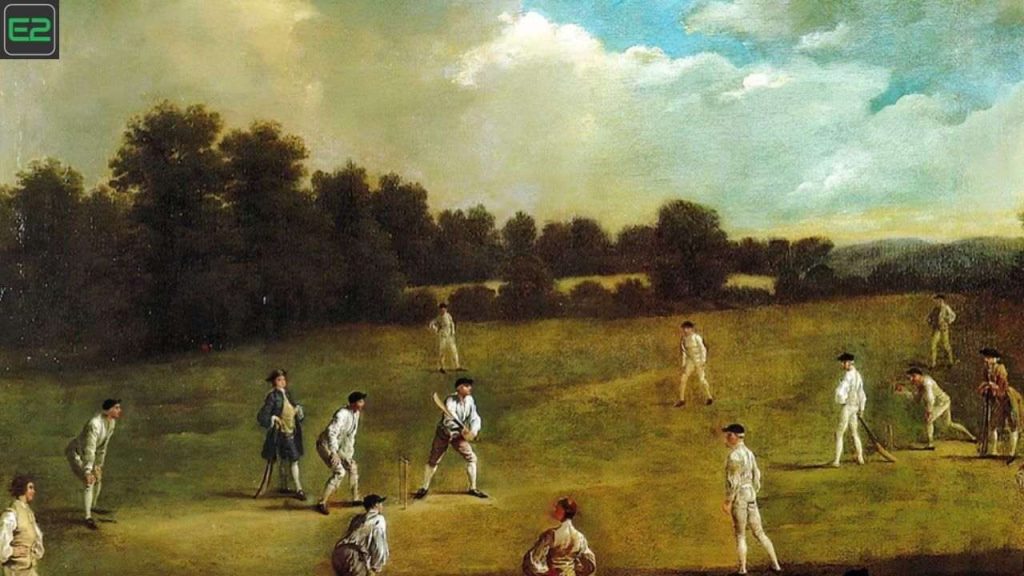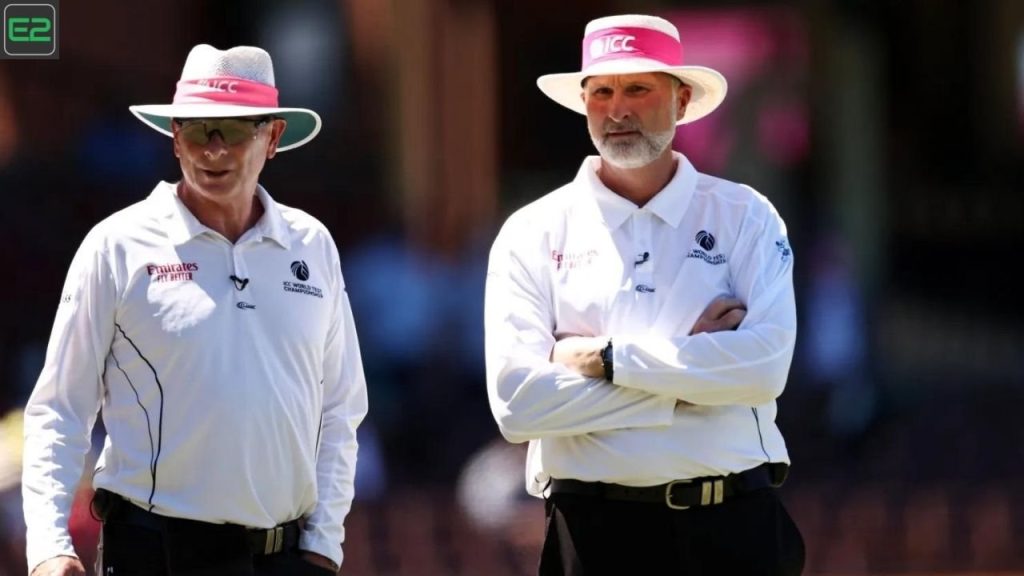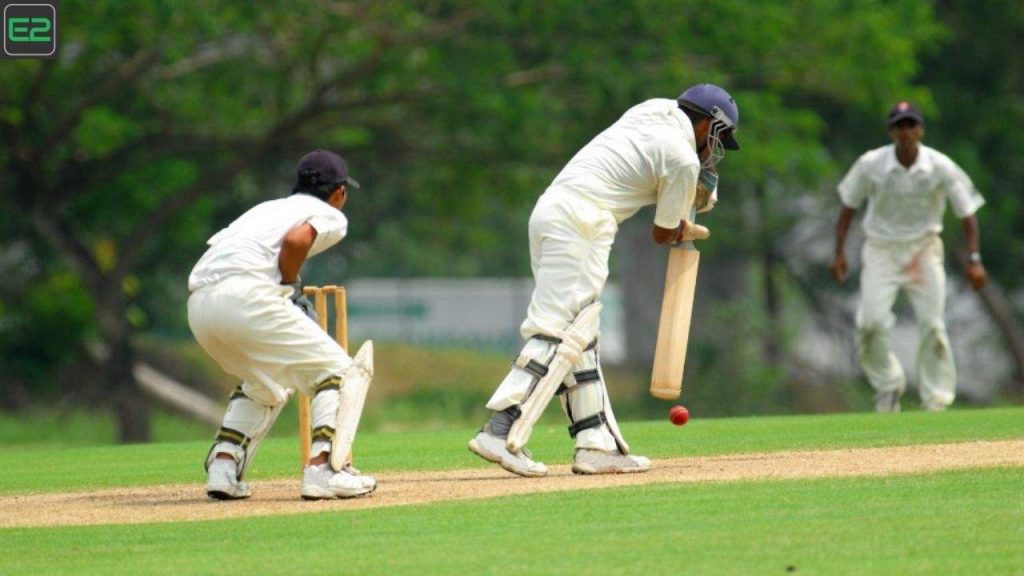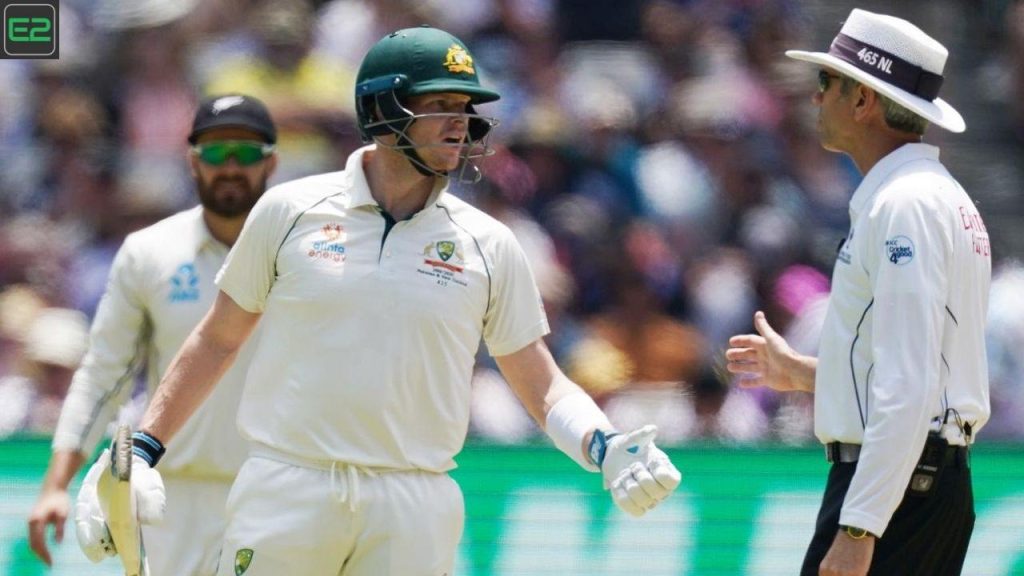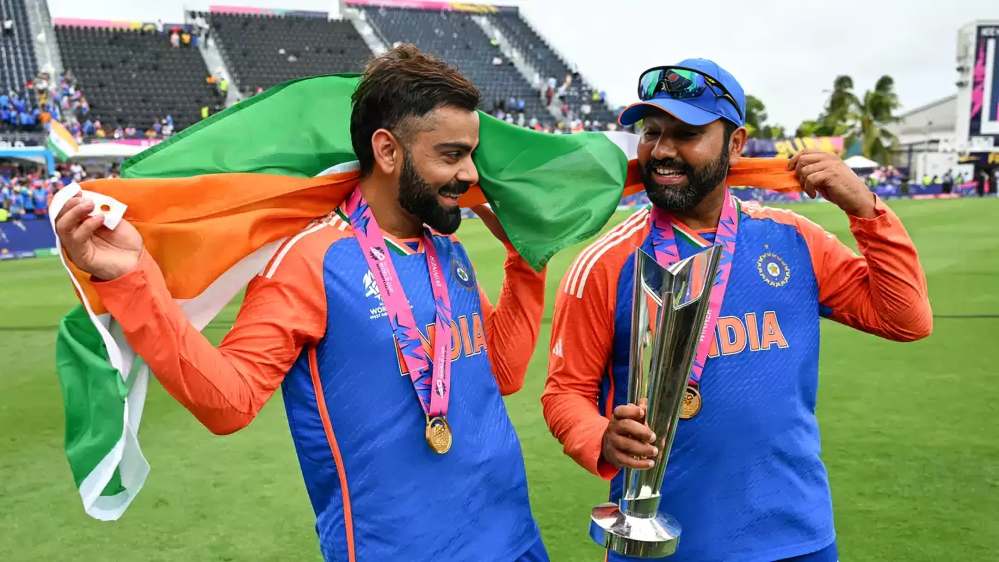1: In the world of cricket, the jersey number represents more than just a digit—it is a symbol of identity, pride, and legacy. In the case of Indian cricket, Jersey Number 1 holds special significance. The number is forever associated with one of India’s greatest cricketing icons: Kapil Dev, the man who led India to its first-ever World Cup victory in 1983.
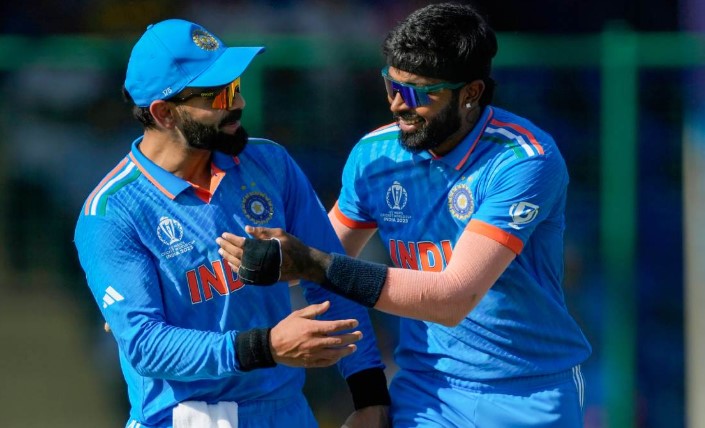
The Rise of Kapil Dev
Kapil Dev was born on January 6, 1959, in Chandigarh, India. He quickly rose to prominence as a fast bowler with a powerful batting style, and by the early 1980s, he was one of the most respected cricketers on the international circuit. His all-round abilities—bowling at high speeds, hitting sixes, and leading with strength—made him a force to be reckoned with. However, it was his leadership during the 1983 Cricket World Cup that cemented his place in Indian cricket history.
India’s 1983 World Cup victory remains one of the most significant moments in the sport’s history, and Kapil Dev’s leadership, courage, and ability to inspire his team were pivotal to the achievement. Though the 1983 World Cup win is now etched in history, it was also the start of Kapil Dev’s association with Jersey Number.
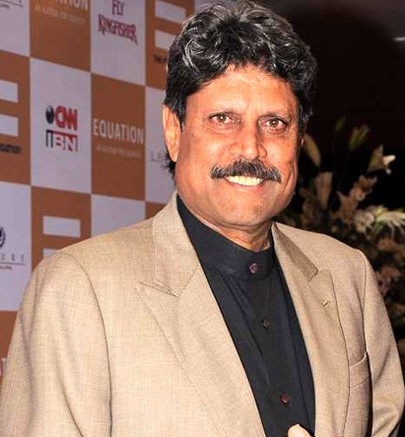
Jersey numbers in cricket have not always been as significant as they are in other sports like football or basketball. For many years, Indian cricketers did not have personalized jerseys, and players were simply assigned numbers. However, over time, jersey numbers began to hold more significance, especially for players who became legends of the game.
Kapil Dev, as the Indian team’s captain, wore Jersey Number with distinction, and it was a number that soon became synonymous with his personality—strong, reliable, and a leader. Even after his retirement from international cricket in 1994, the legacy of his leadership, and his association with Jersey Number, remained intact.
Kapil Dev’s Legacy as India’s Cricket Icon
Kapil Dev’s contributions to Indian cricket extend far beyond the 1983 World Cup. His role in shaping India’s cricketing landscape, both as a player and later as a coach, has made him an indomitable figure in the history of Indian cricket. Below is a table summarizing some of Kapil Dev’s most remarkable achievements:
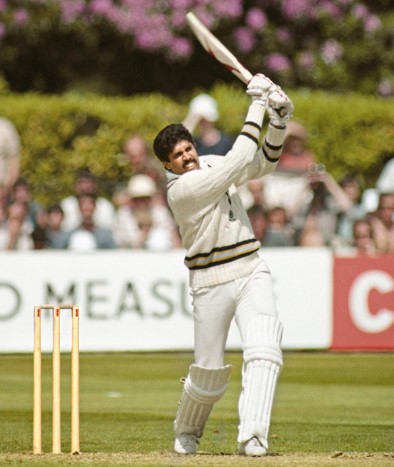
| Achievement | Details |
|---|---|
| Debut Match (Test) | 1978 vs. Pakistan (Lahore) |
| Debut Match (ODI) | 1974 vs. England (Nottingham) |
| Total Test Runs | 5,248 runs (131 matches) |
| Total ODI Runs | 3,783 runs (225 matches) |
| Total Test Wickets | 434 wickets (131 matches) |
| Total ODI Wickets | 253 wickets (225 matches) |
| 1983 World Cup Win (Captain) | Led India to its first World Cup victory |
| Fastest to 400 Test Wickets | First player to reach 400 wickets in Test cricket |
| Retirement Year | 1994 |
Kapil Dev’s leadership during the 1983 World Cup was a turning point not just for him, but for Indian cricket. At that time, India was considered an underdog, but with Kapil Dev leading the charge, India shocked the cricketing world by defeating the West Indies in the final. His iconic knock of 175 against Zimbabwe in the group stages is still remembered as one of the most crucial innings in World Cup history.
The Significance of Jersey Number in Indian Cricket
While Kapil Dev’s association with Jersey Number remains iconic, it is important to note that his legacy went beyond his cricketing abilities. He was a trendsetter in Indian cricket, and his leadership qualities shaped the future of the game in India.
One of the major aspects of Kapil Dev’s leadership was his ability to nurture young talent and believe in their potential. He made India believe that they could compete with the best in the world. His success led the way for future generations of cricketers, many of whom followed in his footsteps to carry forward the legacy of Indian cricket.
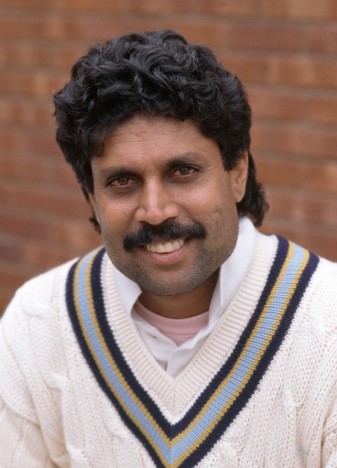
As Jersey Number became synonymous with Kapil Dev, other cricketers in India began to understand the power of numbers in defining their identity. In fact, players like Sourav Ganguly, MS Dhoni, and Virat Kohli also became associated with their unique jersey numbers, bringing further attention to the impact of the jersey number on a cricketer’s persona.
The Impact on Future Generations
Kapil Dev’s legacy as a cricketer continues to influence Indian cricketers today. His hard work, dedication, and passion for the game paved the way for many young cricketers, who were inspired by his tenacity. The association of Jersey Number with Kapil Dev transcends mere statistics; it represents an era where Indian cricket came of age, rising from the shadows of international cricket to become a powerhouse.
India’s win in the 1983 World Cup set the stage for subsequent victories, and Kapil Dev’s approach to leadership became a model for future captains of the Indian team. A few key players who followed in Kapil Dev’s footsteps include:
Sourav Ganguly: Ganguly took India’s cricketing culture to the next level, fostering a new generation of cricketers who became more aggressive and competitive on the international stage.

MS Dhoni: Dhoni’s leadership also drew inspiration from Kapil Dev’s calm and composed nature. His success in leading India to victory in the 2007 T20 World Cup, the 2011 ICC Cricket World Cup, and the 2013 ICC Champions Trophy was heavily influenced by Kapil Dev’s legacy.

Virat Kohli: Known for his aggressive batting and leadership, Kohli took inspiration from his predecessors like Kapil Dev, who emphasized fitness, consistency, and performance under pressure.

Kapil Dev’s association with Jersey Number 1 is more than just a number—it is a symbol of an era of Indian cricket that transformed the landscape of the sport. His World Cup win, leadership, and all-round abilities continue to inspire not only cricketers in India but across the globe. As the years go by, Jersey Number will always be a reminder of India’s cricketing icon, Kapil Dev, and his profound impact on the game.
Though the jersey number is worn by various players in the current Indian cricket team, Kapil Dev will always remain the definitive legend who represented not just Jersey Number, but the spirit of Indian cricket itself.



